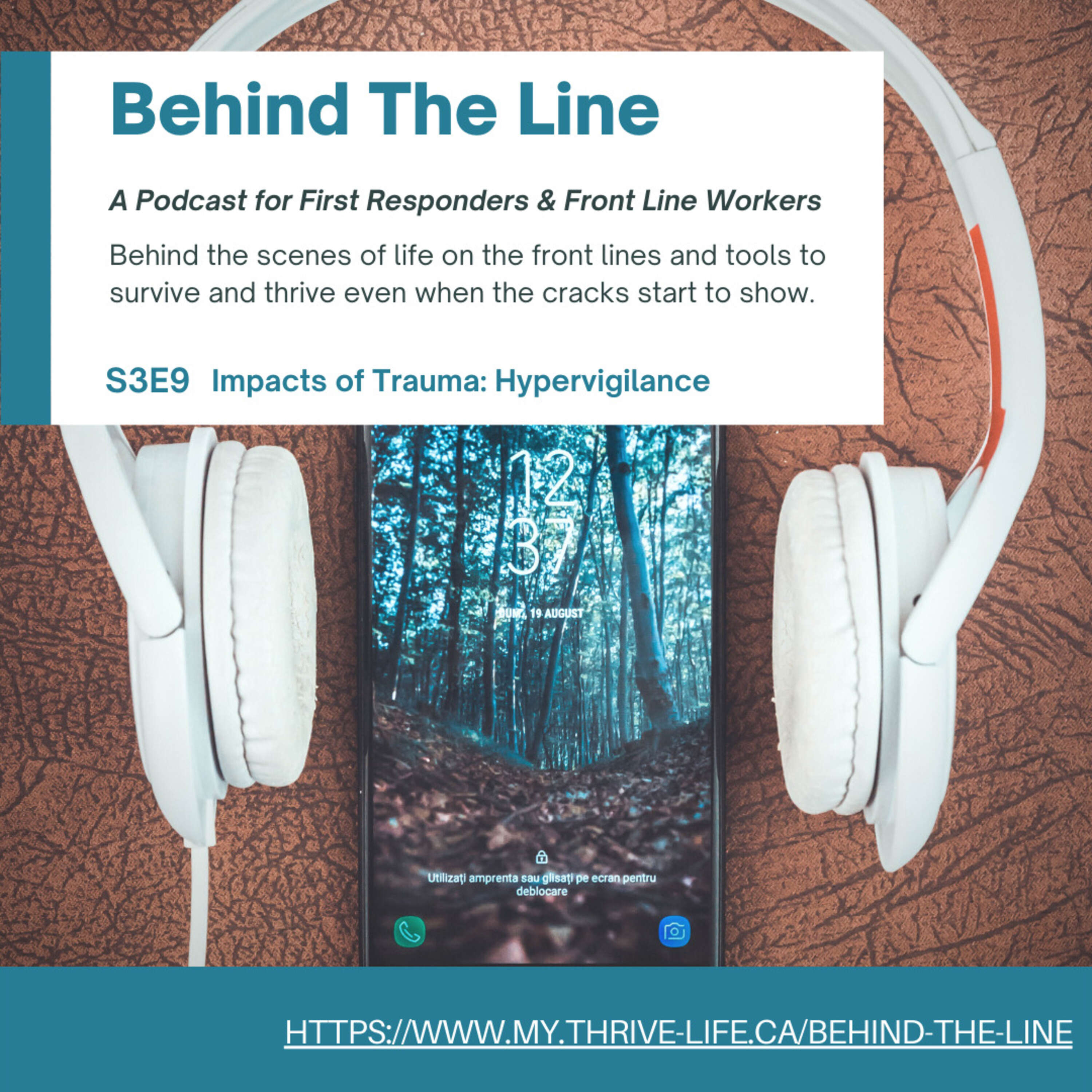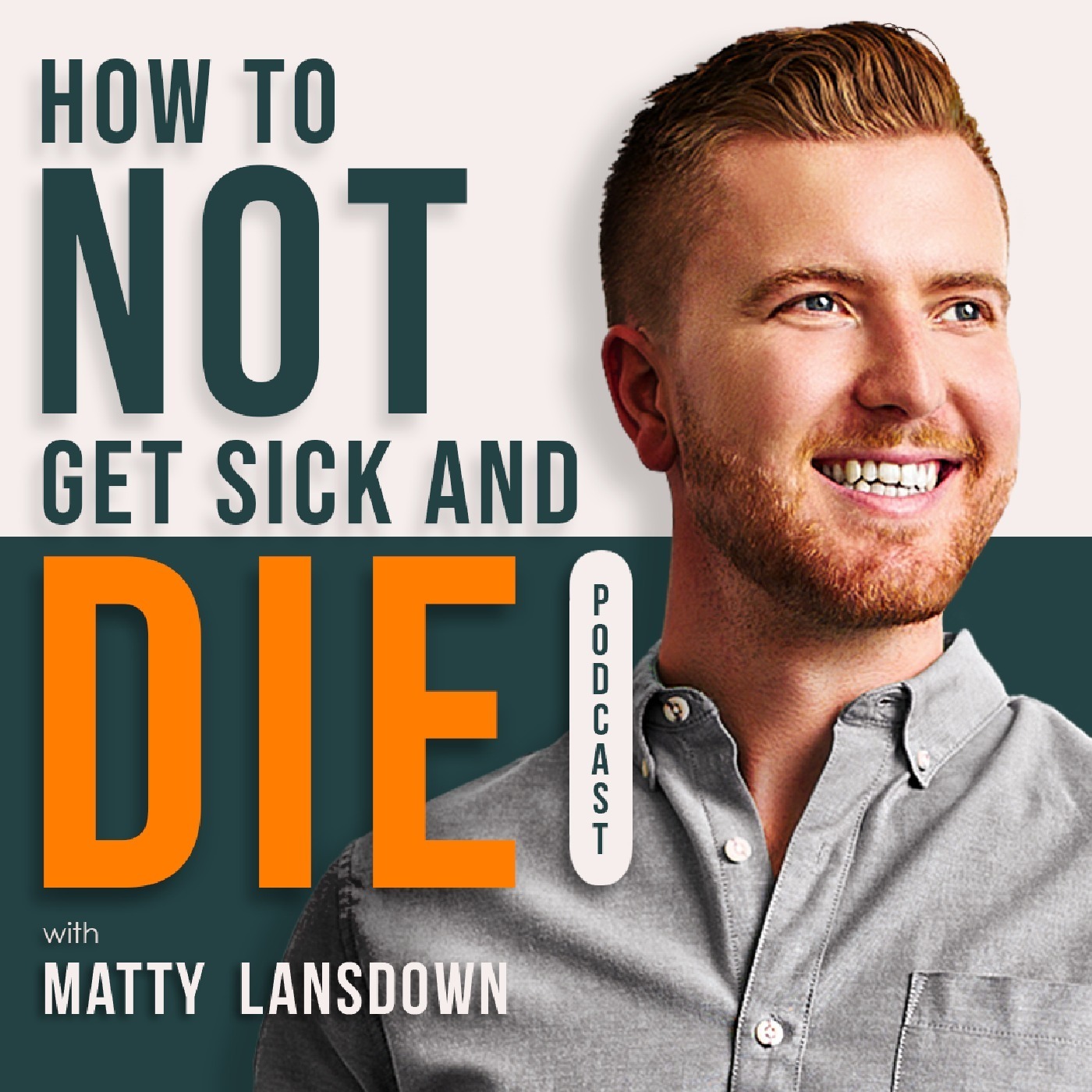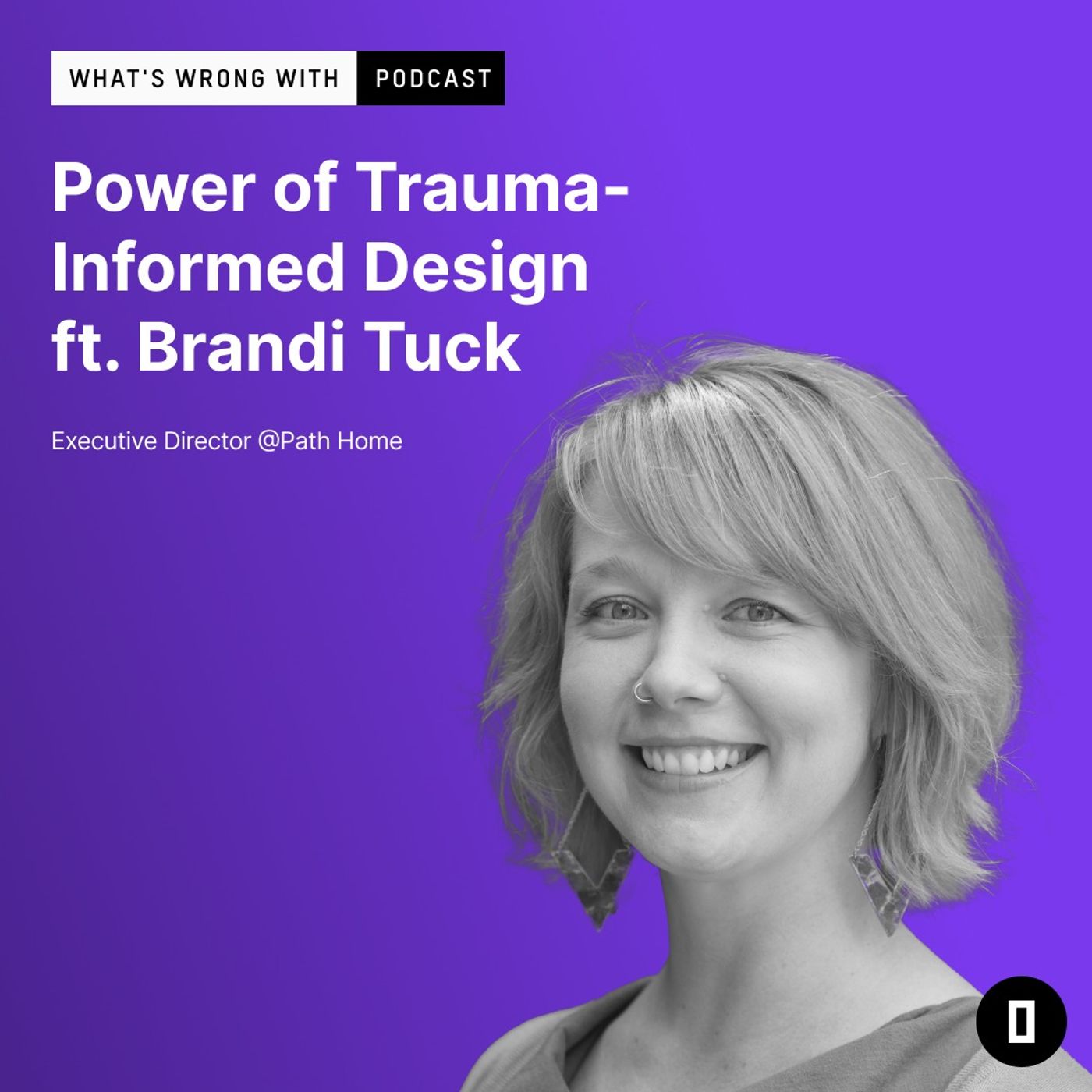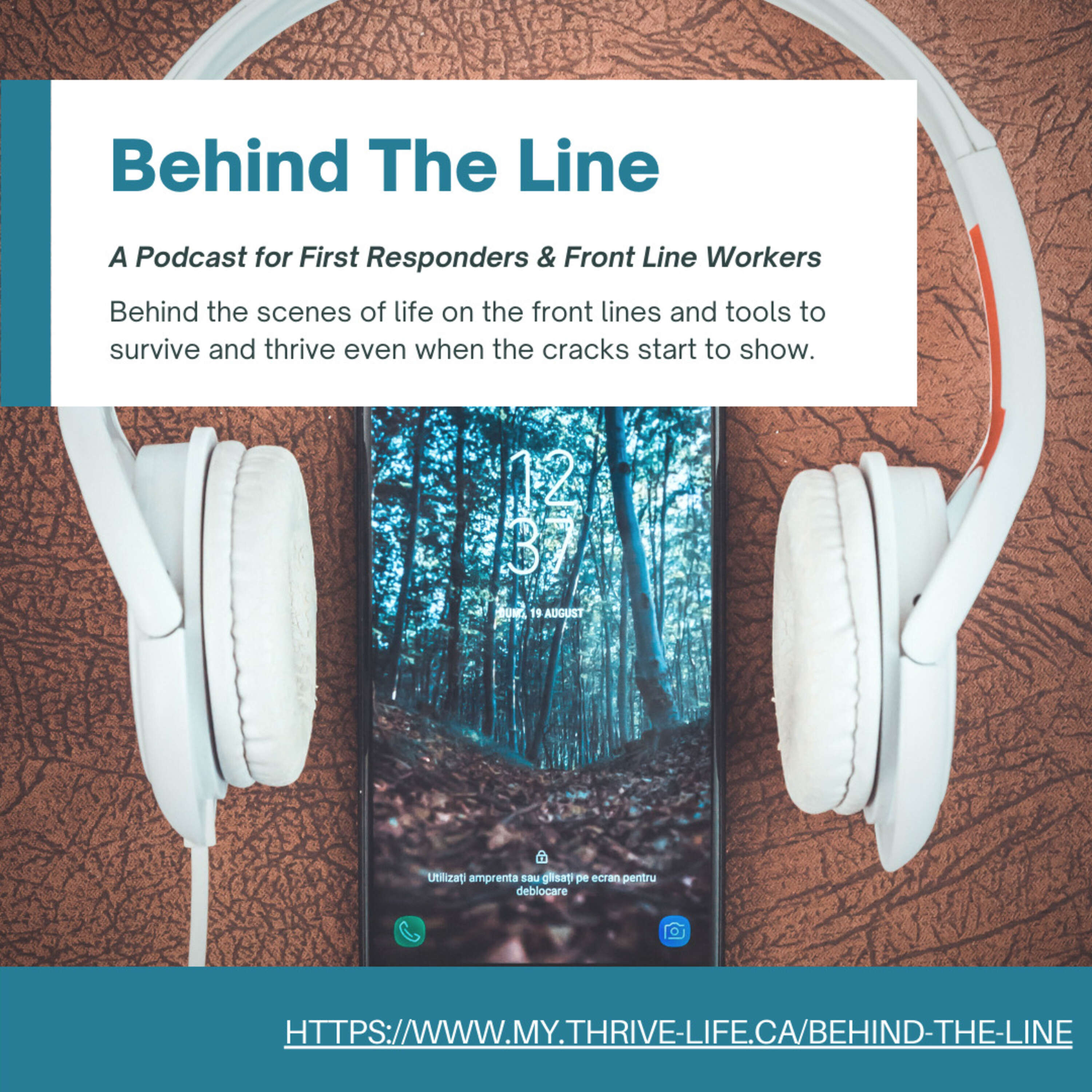
Video ini dibatasi usia untuk pemirsa di bawah +18
Buat akun atau login untuk mengonfirmasi usia Anda.
Impacts of Trauma: Hypervigilance
Show Notes:
Since starting this podcast, one of the most frustrating things I hear all too often is that as front line workers you are told to be aware of trauma. To be looking out for PTSD. To be on alert that you are at higher risk for stress-related mental health concerns. …But then never being told WHAT to look for. Not knowing what exactly PTSD looks like, feels like. How to know when there’s a problem, before it’s so bad that you can’t convince yourself to get out of bed and face the world. That trend is so very concerning to me. While I know we have made gains in reducing the stigma of mental health concerns and that things like therapy are being made more accessible and are encouraged more by workplaces now than ever before in history – what does any of that matter if we aren’t equipping people with the basic knowledge of what the hell to look for? How can we expect people to get support and do the work to help themselves if they don’t even know there’s a problem? This stood out to me most starkly a while back, and I have referenced it a number of times on the show since then, when Jenn Pound came on and talked about her PTSD symptoms manifesting physically. She felt sick, like she had a bad flu that she just couldn’t shake. No one told her what to look for. Despite posters from occupational health that said to be watchful for indicators of occupational stress injuries, no one clarified what exactly to be on watch for. So it went on and on and on, untreated, assumed to be some bug. Until it got so bad that it could no longer be chalked up to the flu. And by then, the damage was so severely done that it becomes a totally different kind of ballgame to try to play out.I hate this. I hate that this is a thing. I hate that you are trained to identify markers of mental health concerns in those you serve, but aren’t trained to look for your own. Whose brilliant idea was that?!?So during this series, we are going to talk about some of the hallmark concerns that show up in people who are exposed to trauma and high stress experiences. We will also talk about some of the less hallmark but equally need-to-know pieces to be aware of. Of all of the series’ I have done on this show, this one is among the most important and I hope that you will listen, use what we talk about, and please, please help others working alongside you by sharing it as far and wide as you possibly can. This is the stuff that can help us turn the tide on so much of what is plaguing front line workplaces. We can make it different guys, but I need your help.Today I want us to talk about hypervigilance. Hypervigilence is the word we use to describe the feeling of being on high alert. That feeling when your body feels tense and activated, ready to do what it needs to do to keep you or others safe. It’s an on edge feeling. A heightened feeling. When we’re in vigilance, there are a number of changes that happen for our brains and bodies. This state is the readiness that would, in a stress inducing situation, give way to fight, flight, freeze or fawn responses. When we feel it, muscle tension increases, blood flow changes, body temperature changes, breath rate and heart rate both change. Our senses will tend to feel heightened, looking and listening for indication of threat. Our brains will tend to get super focused, scanning and assessing. That’s vigilance…but what about HYPERvigilance? Well, this is vigilance on speed. It is an activated state that carries with us, regardless of the scenario. It’s extra, beyond what we need and beyond when we need it. When nothing stressful or threatening is happening, it is energy directed to waiting for something that isn’t coming. More often than not, it’s wasted energy. And it’s ridiculously depleting. Why would your brain want you to be on edge when you’re having a bubble bath, or trying to fall asleep under your comfy blankets, or




